Future Design Inquiries, August 2023
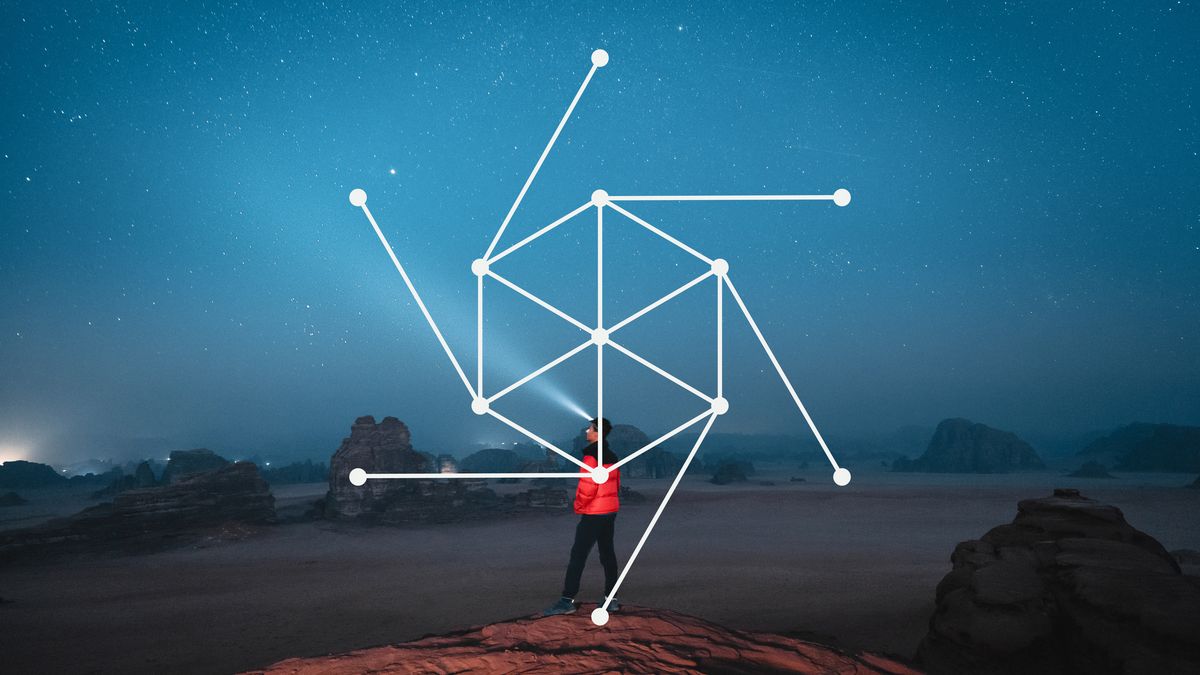
Hello from your friends at enso, a future design company.
At dinner the night that enso was born, one of us opened a fortune cookie that became a founding principle.
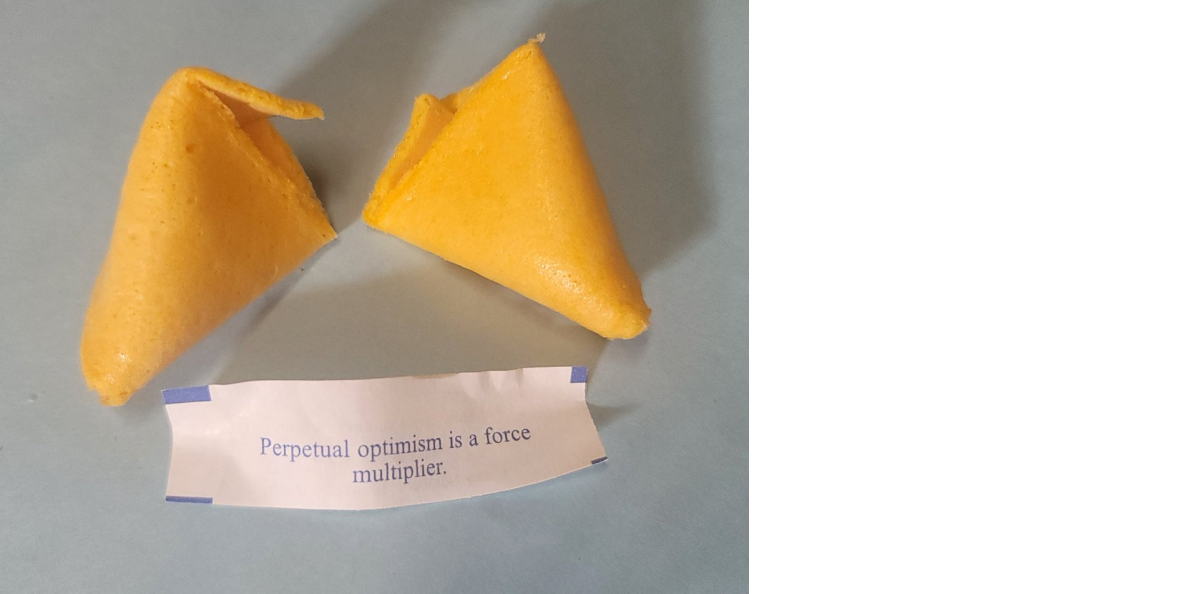
We’ve come to believe that future design is the practice of optimism. And within that, we’ve found that sharing the things that make us think, bring us joy or shift our perspective is part of that practice. So we’re going to share more of what’s on our radar, and we welcome your reactions, additions, suggestions – reach out news@enso.co.
If you no longer wish to receive our periodic updates, you can unsubscribe by clicking the link at the bottom of our emails.
What we’re reflecting on: These nuggets are curated by enso partners Hanna Siegel (HS) and Sebastian Buck (SB).
Everyone’s talking about AI and jobs
This piece on how AI might change the economy from MIT Tech Review made the point that, “The worry is not so much that ChatGPT will lead to large-scale unemployment...but that companies will replace relatively well-paying white-collar jobs with this new form of automation, sending those workers off to lower-paying service employment...” is that such a bad thing? Could AI replace or alter some white-collar jobs to the point where they – and their accompanied prestige, pay and benefits – fall down the list? And could some lower-valued jobs that should be higher-valued – like teachers – (finally) rise to the top? (HS)
We’re asking, could AI reshuffle the job hierarchy?
But we’re also thinking about AI and power
Technology has been disrupting the workforce for generations. Yet in recent history, technology has disproportionately disrupted lesser-skilled jobs. ChatGPT and the next generation of AI presents something new – the potential for many white collar jobs to be drastically altered, maybe even disappear. It’s interesting that the hype, outrage, congressional hearings, calls for ethics boards, etc. etc. is louder right now than ever before. It’s true that ChatGPT and its peers represent a huge step in the evolution of AI. (HS)
And yet, we’re asking, is the fear so much more palpable now because it hits closer to home with those in power?
And how we can all thrive in this next era, whatever it brings
The ‘godfather’ of positive psychology, Martin Seligman, has summarized the field’s ~30 years of guidance on how to live and work well in the coming decades. His new book, Tomorrowmind, written with BetterUp’s Gabriella Kellerman, traces the arc of human work from nomadic hunter-gatherers, through the agrarian, industrial, and technical ages, and how each stage has challenged our psychological health. In an increasingly volatile, uncertain, complex, adaptive (VUCA) world, they outline the five ‘meta skills’ required to thrive. In brief, the skills are: 1. resilience and cognitive agility, 2. meaning and mattering, 3. the ability to build rapid relationships, 4. prospection, or the ability to look forward and anticipate opportunities or threats, 5. creativity and innovation. Each of these skills is like a muscle that can be developed, rather than fixed innate traits. (SB)
We’re asking, can business management culture evolve to help employees master these skills?
One way to do that is to experience more awe
Awe feels good. But it’s also a gateway to remarkable shifts, both physically and emotionally. Physically, awe is linked to reduced cardiovascular disease, respiratory disease, diabetes, and cancer. It’s linked to lower depression and anxiety, and opens people to a greater sense of our common humanity, and so more apt to generosity, creativity and collaboration. “Awe integrates us into the systems of life—communities, collectives, the natural environment, and forms of culture … the epiphany of awe is that its experience connects our individual selves with the vast forces of life.” Read more in Dacher Keltner’s book Awe, and Florence Williams’ Outside article. (SB)
We’re asking, can awe be a gateway to greater climate engagement?
Speaking of awe, does anyone else feel like we are in a space renaissance?
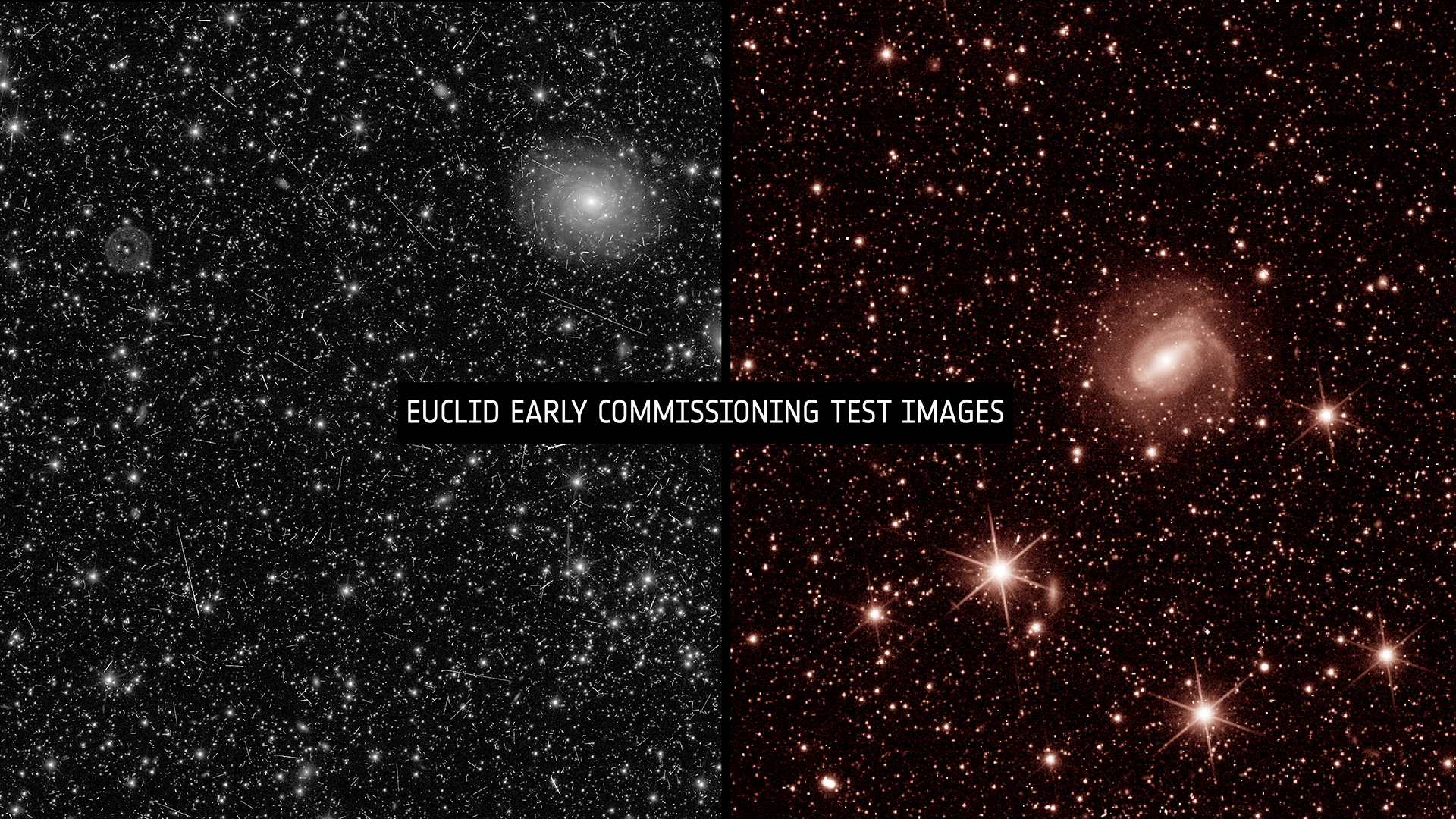
We’ve been admiring the first test images of stars and galaxies taken by the European Space Agency's Euclid Space Telescope, including this one of the universe in infrared light. Apparently, these let scientists figure out exactly how far away each galaxy is. (HS)
7 things that made us think, gasp, share and laugh:
- This manifesto from Paul Graham on How to Do Great Work. It’s New Yorker-level long, but packed with wisdom like this guidance on the first step: “What are you excessively curious about — curious to a degree that would bore most other people? That's what you're looking for.”
- The Creative Act: A Way of Being, by Rick Rubin. I’ve had a colleague, a friend and my dad all recommend this book. It’s somehow both practical and moving. “He has the ability and the patience to let music be discovered, not manufactured,” says Natalie Maines of the Dixie Chicks. “Come to think of it, maybe he is a guru.”

- Vinu Daniel’s architecture, which repurposes discarded materials (and mud!) into beautiful environments. His TED talk is 9 minutes that will make you question how the world could be (re)built.
- The painful irony of a single newspaper front page juxtaposing climate refugees fleeing apocalyptic wildfires, with the news that the UK government would retreat from environmental policies.
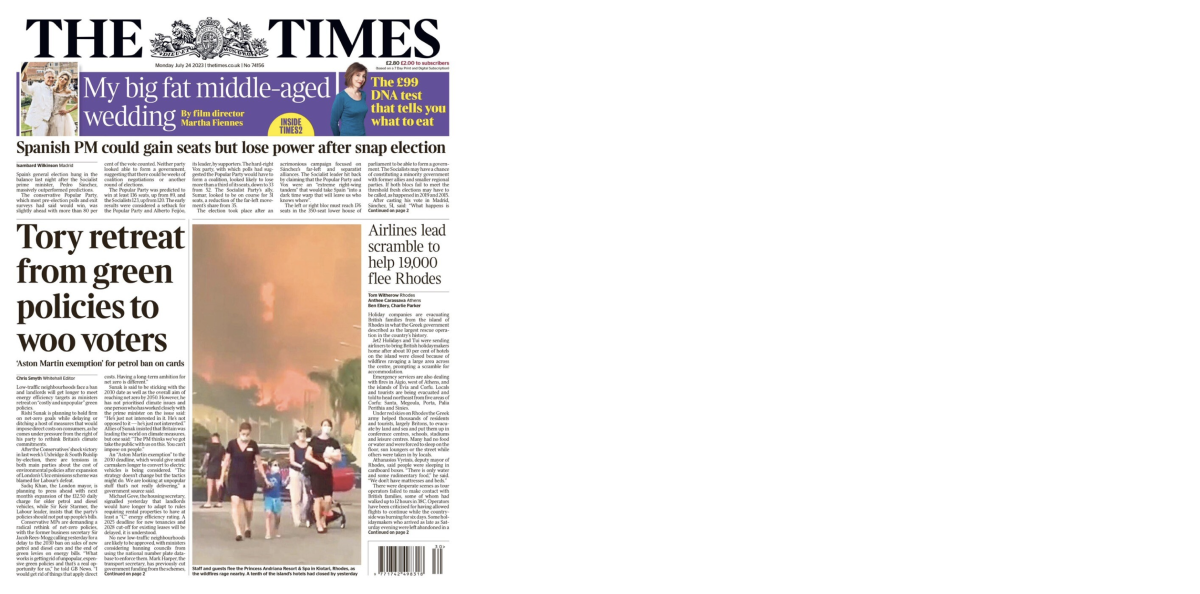
- Johann Sebastian Bach wrote a lot of bad music. Why?
- What if scientific research doesn’t fit our mental model? Ice cream might be healthy.
- Our former strategist, Abbey, is spending a lot of time with whales, sea lions and flamingos. Everyday awe, this way.
What we’re working on
We’re trying to change capitalism by helping organizations reach their potential, for themselves and for the world. Here are a few of the things we’ve been working on:
- Improving the culture of work: only about ⅓ of people are thriving at work. That’s partly a market dysfunction, because it’s too hard to see what ‘good’ looks like, and where to find it. For the past few years, we’ve been working on how to change that. You can read about our latest work with Indeed and Oxford University on the Work Wellbeing Score, in this Fast Company article: The business case for investing in employee well-being.
- Electrifying buildings: while the upgrade of our cars to EVs has generated more attention, our buildings contribute ~40% of emissions. The most important thing we can do is upgrade HVAC systems, and the technologies exist (specifically, heat pumps), but awareness, motivation and adoption is far lower than it should be.
- Internet everywhere: despite a couple of decades of internet adoption, still ~⅓ of people are not connected at all, and many more struggle with bad connectivity.
- Design The Future book: while many people have a positive intent for the world, some people have a practice to realize potential. We are working on a book to distill wisdom from preeminent future designers, so that everyone can learn from their mindset, principles and practices. If there’s a future designer we should include, let us know.
See you next time.
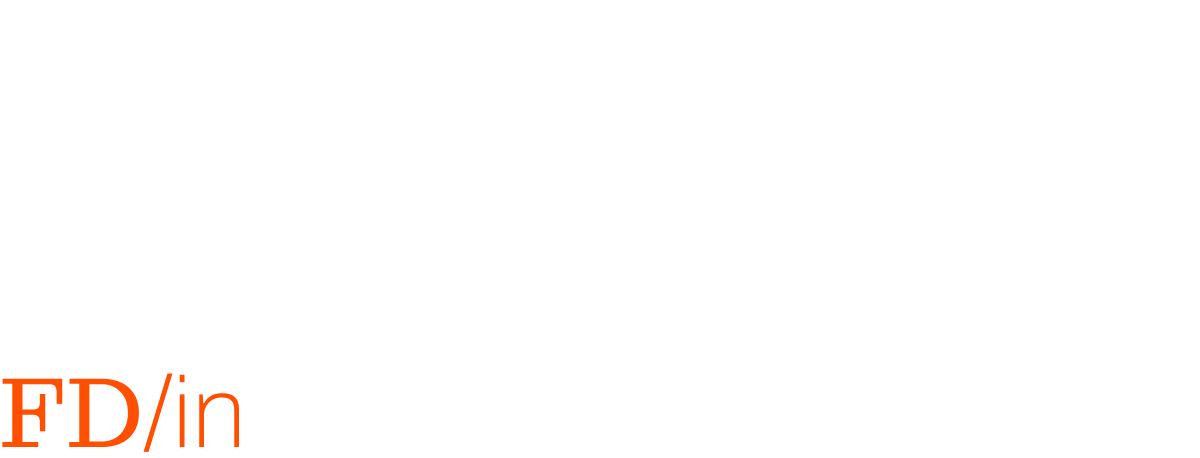
Future Design Inquiries is a newsletter by enso.
115 W California Blvd #9101 Pasadena, CA 91105
